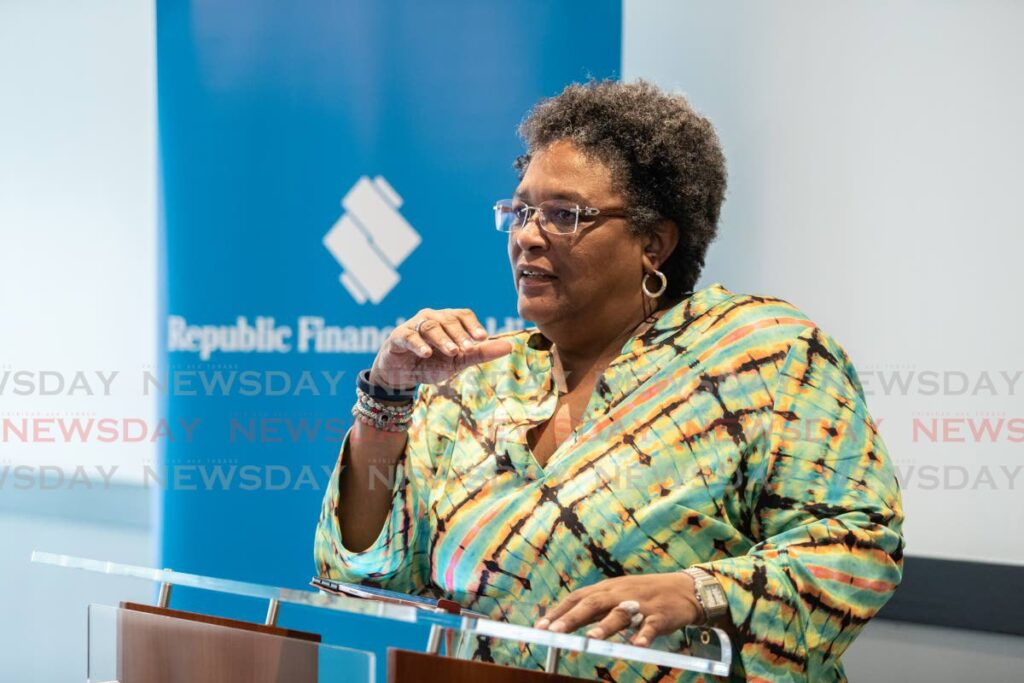Business editorial: The IMF and economic reality

The International Monetary Fund (IMF) has, over time, become one of the more reliable bogeymen of governments.
Time after time, elected officials seek to scare wayward populations into compliance with their fiscal stances through threats of having to resort to it. The IMF would be bitter medicine, they say. Thousands would be retrenched. Control of the economy would be ceded.
One year ago, Finance Minister Colm Imbert warned turning to the IMF would result in at least 30,000 people being retrenched in the public service.
Mr Imbert also noted other countries that have gone to the IMF have had to adopt a flexible foreign exchange rate and limit foreign exchange interventions – things which would, based on current estimates, see inflation skyrocket.
At one stage, in 2019, the minister also decried the IMF would end free healthcare, education and various social protection measures, statements which undoubtedly inspired his political opponents to ask whether this country has already gone to the IMF in all but name given cutbacks.
The announcement by Barbados Prime Minister Mia Mottley last Friday of her country’s continued engagement with the IMF presents a somewhat different approach.
Ms Mottley announced her country will enter another IMF programme in an effort to raise US$340 million in financial assistance.
“We have been of the view that the cheapest money in town is still at the IMF,” Ms Mottley said in a televised address. “In addition to that, it also unlocks other development funds that may be made available to us as a nation.”
Such funds require adjustments which, she said, align with her country’s economic recovery goals. The island’s current arrangement with the IMF – a US $290 million extended fund facility – expires at the end of the month. It hopes to negotiate a new three-year deal.
Such an open and upbeat approach from one of our closest neighbours is at odds with our narrative of fear relating to this international body.
Those fears are undoubtedly correctly informed by memories of the 1980s when recourse to the IMF occurred and a programme of austerity was implemented amid an already devastating economic downturn caused by collapsed commodity prices.
But the world has changed since the 1980s, even if some of the problems of our economy have not.
Ms Mottley’s acknowledgement of the limits of revenue-generation in her country pending growth in key sectors, as well as her own advocacy in relation to the role of larger countries in addressing economic imbalances due to climate change and in the wake of historical violations points to the need for a more nuanced approach to how we as a country do business.
TT already enjoys an enlarged US$644 million drawdown from the IMF. Our Prime Minister is on record as lobbying world leaders on a range of matters relating to onerous financial regulations as well as the need to fund the transition to green energy.
Pending breakthroughs in these areas, it is worth noting the experience of Barbados, which has no oil and gas resources, but which has let practical, present realities guide its policies.


Comments
"Business editorial: The IMF and economic reality"